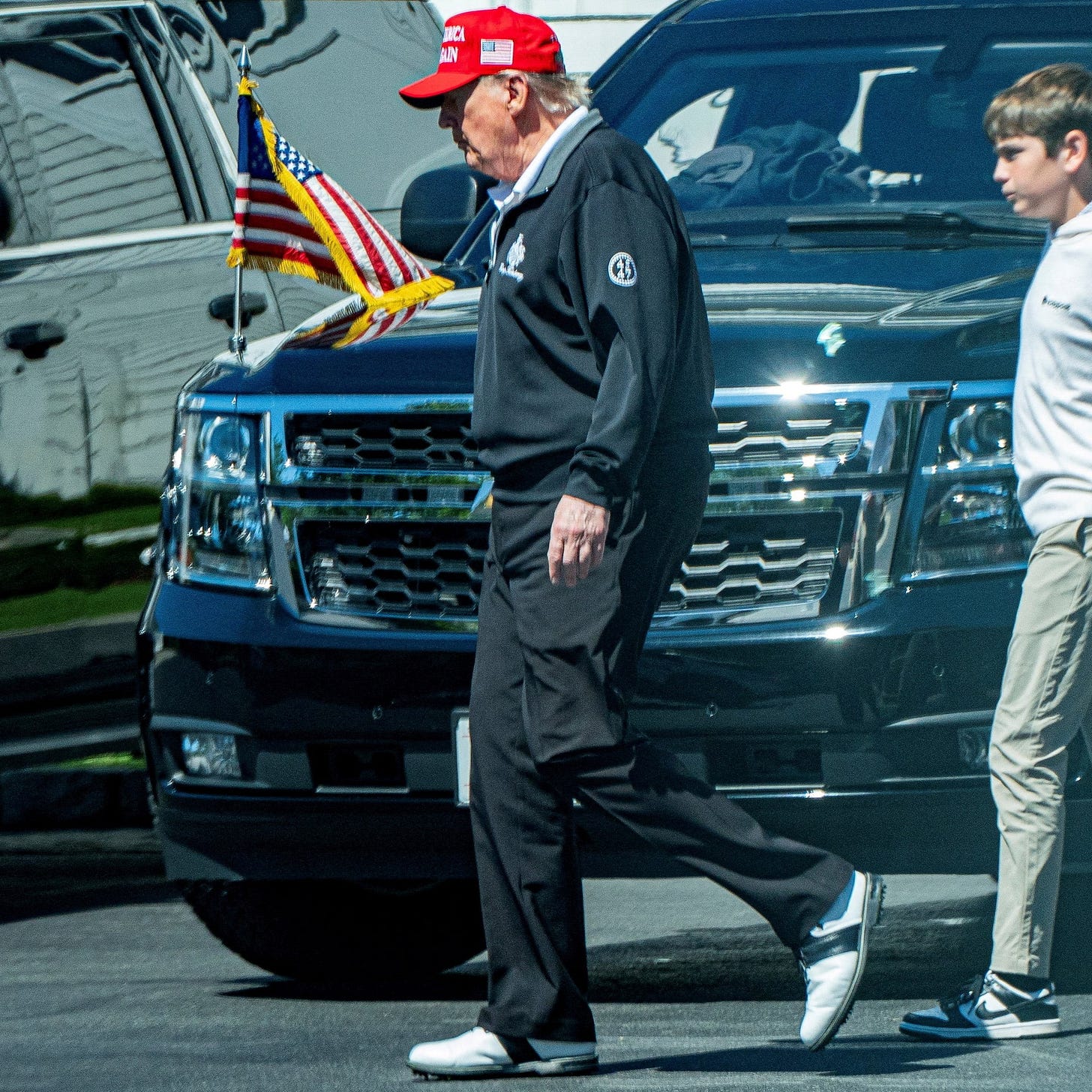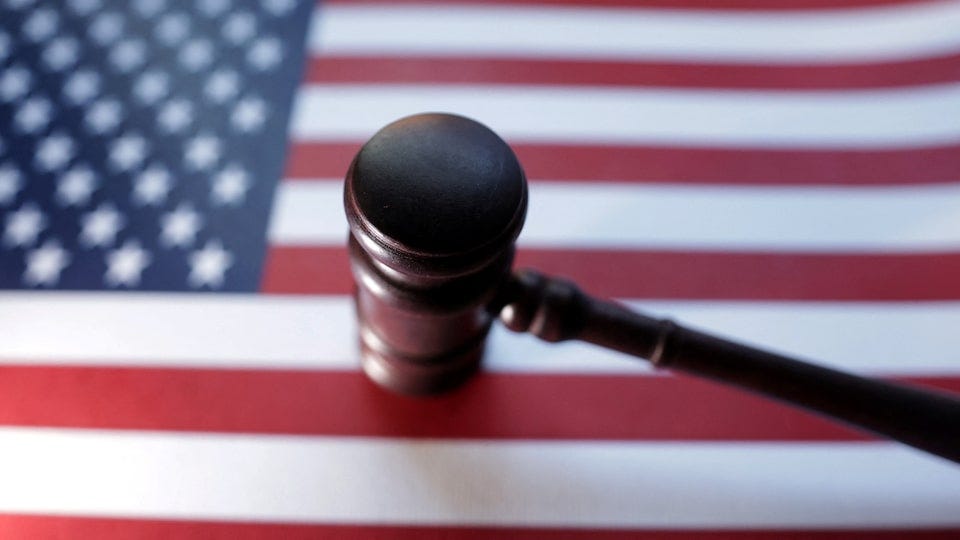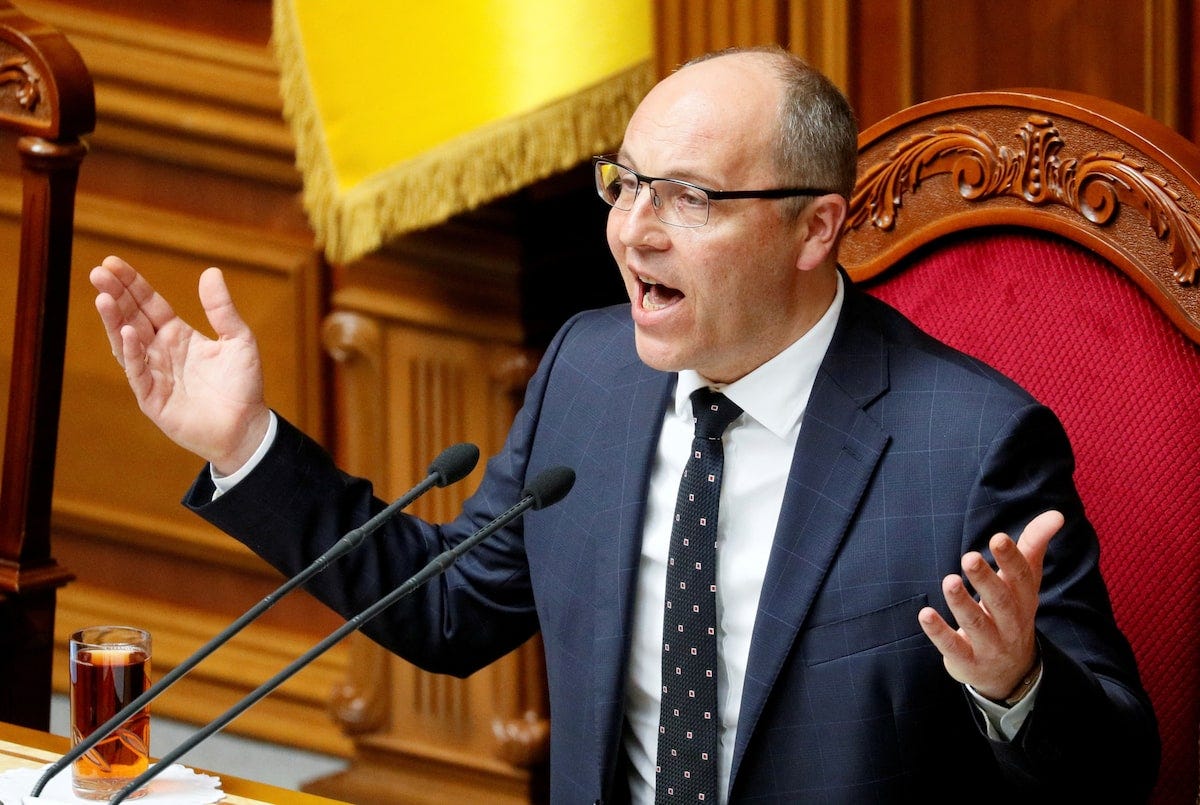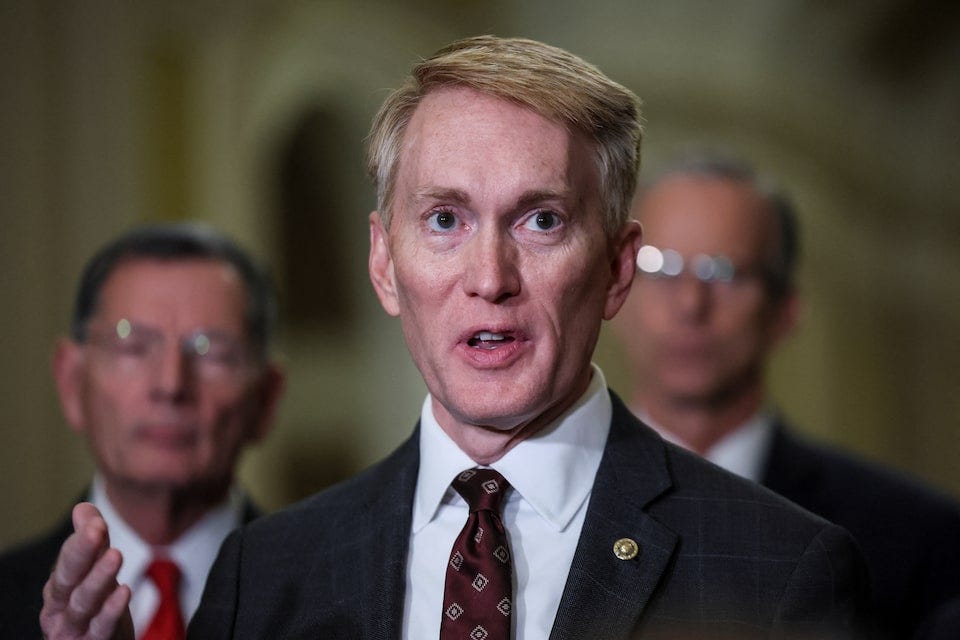Machiavelli's Warning: Why the Fight for 'Election Integrity' Masks a Grander Play for Power
Former U.S. President Donald Trump's pledge to mandate voter ID and end mail-in ballots via executive order ignites a fierce debate over democratic processes and the very definition of electoral integrity. This is not merely a technical discussion, but a profound philosophical struggle over who holds power, how it is exercised, and what constitutes legitimate governance in a modern democracy. Unpacking these proposals reveals a complex interplay between federal authority, state autonomy, and the persistent erosion of public trust.
The Big Question: Can a President Reshape Election Law by Decree?
We live in an age where the very foundations of democratic governance are constantly being tested. One of the most persistent and, frankly, unnerving challenges comes from the ongoing debate surrounding election integrity. Recently, former President Donald Trump announced his intention to issue an executive order requiring voter identification for every vote cast, along with a ban on most mail-in voting and electronic machines. This raises a fundamental question: Does a president possess the constitutional authority to unilaterally alter the mechanisms of federal elections, traditionally managed at the state level?
This isn't just a legalistic quibble; it's a profound inquiry into the separation of powers, the nature of federalism, and indeed, the very resilience of our democratic institutions. The answers we seek reveal much about our understanding of power, legitimacy, and the implicit social contract between citizens and their government. What, then, is truly at stake when such sweeping changes are proposed?
Unpacking the Proposed Decree: The 'Integrity' Argument vs. Reality
Trump's declaration, made on Truth Social, was unequivocal: "Voter I.D. Must Be Part of Every Single Vote. NO EXCEPTIONS! I Will Be Doing An Executive Order To That End!!!" He further stated, "Also, No Mail-In Voting, Except For Those That Are Very Ill, And The Far Away Military." The former president also reaffirmed his long-standing call for an end to electronic voting machines, advocating for paper ballots and hand counts. The stated rationale for these measures is to combat "widespread fraud" and non-citizen voting, claims that have been largely unsubstantiated.
However, this is where the proposed 'solution' diverges sharply from the 'study simplified'. Election officials and independent analyses consistently report that instances of widespread voter fraud are exceedingly rare. Furthermore, non-citizen voting is already illegal and rarely occurs. Regarding the preference for hand counts over electronic machines, election officials typically argue that machine counting is more efficient, less prone to human error, and ultimately more accurate. The federal administration of elections, therefore, comes under scrutiny not from proven vulnerabilities but from persistent, unverified assertions of systemic malfunction. The constitutional power for a president to enact such sweeping changes at the federal level, overriding state authority, remains profoundly unclear.
Why Electoral Control Matters: A Dialectical Perspective on Power
The debate around these proposals isn't simply about administrative efficiency; it's a battleground for competing visions of democracy. I see a clear dialectical tension at play here:
Thesis: The Pursuit of Absolute Security. Proponents argue that stringent voter ID laws, limits on mail-in ballots, and a return to paper counts are essential to restore faith in the electoral system. They believe these measures prevent fraud, ensure the legitimacy of every vote, and create an unimpeachable outcome. This perspective prioritizes order, accountability, and the perceived purity of the ballot box, even if it introduces barriers to access.
Antithesis: The Imperative of Broad Access and State Autonomy. Critics contend that such executive actions, particularly when based on baseless claims, represent an overreach of federal power. They argue that these measures disproportionately disenfranchise legitimate voters—especially those in marginalized communities or with limited resources—and undermine the states' constitutional role in administering elections. This view champions broad participation and decentralized control as cornerstones of a healthy democracy.
Synthesis: The Fragility of Trust and the Specter of Control. The clash between these positions reveals a deeper philosophical struggle: Is democracy best served by heightened security that might restrict access, or by maximizing participation, even if it opens pathways for perceived vulnerabilities? As Machiavelli wisely observed, power often cloaks its true intentions behind noble appearances. It is less about what is true, and more about what people believe to be true.
Men judge generally more by the eye than by the hand; because it belongs to everybody to see you, to few to come in touch with you. Everybody sees what you appear to be, few touch what you really are, and those few dare not oppose themselves to the opinion of the many, who have the majesty of the state to support them.
– Niccolò Machiavelli, "The Prince"
This debate, therefore, is less about securing elections and more about securing control over the narrative of legitimacy, leveraging public doubt to justify expanded executive authority.
Beyond a Single Order: Systemic Echoes and the Erosion of Reality
The implications of this proposed executive order extend far beyond the immediate electoral cycle. When a leader consistently casts doubt on the integrity of elections without credible evidence, it erodes the very bedrock of public trust in democratic institutions. This sustained questioning of outcomes, processes, and even basic facts creates a climate where the distinction between truth and falsehood becomes dangerously blurred. As Hannah Arendt warned, this is precisely the environment in which authoritarianism can thrive.
The ideal subject of totalitarian rule is not the convinced Nazi or the convinced Communist, but people for whom the distinction between fact and fiction (i.e., the reality of experience) and the distinction between true and false (i.e., the standards of thought) no longer exist.
– Hannah Arendt, "The Origins of Totalitarianism"
The strategic deployment of "election integrity" as a political weapon can be seen as an attempt to centralize power by delegitimizing any outcome that doesn't align with a desired narrative. It capitalizes on existing anxieties and social divisions, turning the electoral process itself into a contested battleground rather than a foundational mechanism for peaceful power transfer. This is not just about a president; it’s about a broader, systemic challenge to our shared understanding of reality and democratic participation. The invisible war for reality is fought not with bullets, but with persistent narratives that warp our perception of truth.
Navigating the Labyrinth: How Citizens Can Uphold Democratic Principles
So, how do we, as citizens, navigate this complex terrain and uphold the principles of a functioning democracy? It demands more than passive observation; it requires active intellectual engagement and a commitment to critical thinking. Here's how you can apply these insights:
Demand Evidence, Not Just Rhetoric: Always question claims of widespread fraud. Seek out non-partisan sources, election officials, and academic studies to verify information rather than accepting assertions at face value.
Understand Electoral Processes: Familiarize yourself with how elections are administered in your state and locality. Knowledge is your best defense against misinformation and unfounded accusations.
Engage in Constructive Dialogue: While political discourse can be polarizing, strive to understand the underlying concerns of those with differing views. Acknowledge legitimate desires for secure elections, but insist on evidence-based solutions that do not disenfranchise voters.
Uphold Constitutional Boundaries: Recognize the importance of the separation of powers and federalism. Resist efforts to centralize electoral control without clear constitutional authority and broad legislative consensus.
Protect Access to the Ballot: Advocate for policies that secure elections while simultaneously ensuring broad and equitable access to voting for all eligible citizens. The strength of our democracy lies in both its integrity and its inclusivity.
Ultimately, the health of our democracy depends on an informed and engaged citizenry willing to critically assess claims of power and to defend the foundational principles upon which our system rests. This proposed executive order serves as a stark reminder that the fight for democratic integrity is an ongoing, vital responsibility for us all.







The next election already has its winner, it's rare for an autocrat to lose, there are many ways to manipulate elections and silence or eliminate the opposition.